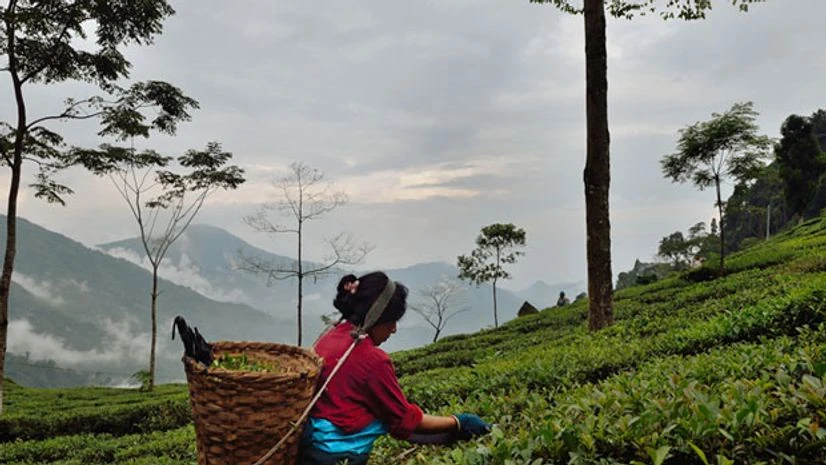At a time when most sectors in India are complaining about Chinese dumping, tea producers from the two countries have joined hands to promote sustainable tea production and consumption.
The United Planters’ Association of Southern India (UPASI) and China Tea Marketing Association (CTMA) signed a Memorandum of Understanding (MoU) in this regard here on Thursday. Global sustainability organisation Solidaridad Network – which is backed by governments of the Netherlands, Norway, Switzerland, Ireland and partners like International Finance Corporation – would provide the technical and financial support to implement the MoU.
Nico Roozen, executive director of Solidaridad told Business Standard that the Western consumer pays 32 times more for a litre of coke than for a litre of tea. The cheap tea bags or bottled tea that dominate the Western markets may have a sustainability seal on the packs, but they don’t support tea producers to make continuous improvement. A sustainability label is no longer a product differentiator.
“So – like the coffee sector – we need to work towards a market that is increasingly characterised by price differentiation based on origin and high quality,” Roozen added.
According to N Dharamaraj, president of UPASI, this MoU is the first step towards greater regional cooperation between Indian and Chinese tea industries, which produce and consume the highest volume of tea in the world. Both parties will support each other in technological innovation with the aim of expanding the worldwide consumer base for high-quality tea.
A working group has been formed comprising UPASI, CTMA and Indonesian Tea Traders Association to develop a clear road map. The funding support for this region would be around €15 million by 2020, said Roozen. The aim of the agreement is to achieve relevant United Nations-mandated Sustainable Development Goals, while building an inclusive, sustainable and resilient future for the tea sector.
Wang Qing, executive vice-chairman of CTMA, said: “Close regional cooperation on tea matters within Asia, including international trade, can foster an economically diversified global tea sector. It would enhance the economic and social development of tea-producing countries, the development of tea output, consumption, and improve business relations between tea exporting, importing countries.”
The United Planters’ Association of Southern India (UPASI) and China Tea Marketing Association (CTMA) signed a Memorandum of Understanding (MoU) in this regard here on Thursday. Global sustainability organisation Solidaridad Network – which is backed by governments of the Netherlands, Norway, Switzerland, Ireland and partners like International Finance Corporation – would provide the technical and financial support to implement the MoU.
Nico Roozen, executive director of Solidaridad told Business Standard that the Western consumer pays 32 times more for a litre of coke than for a litre of tea. The cheap tea bags or bottled tea that dominate the Western markets may have a sustainability seal on the packs, but they don’t support tea producers to make continuous improvement. A sustainability label is no longer a product differentiator.
“So – like the coffee sector – we need to work towards a market that is increasingly characterised by price differentiation based on origin and high quality,” Roozen added.
According to N Dharamaraj, president of UPASI, this MoU is the first step towards greater regional cooperation between Indian and Chinese tea industries, which produce and consume the highest volume of tea in the world. Both parties will support each other in technological innovation with the aim of expanding the worldwide consumer base for high-quality tea.
A working group has been formed comprising UPASI, CTMA and Indonesian Tea Traders Association to develop a clear road map. The funding support for this region would be around €15 million by 2020, said Roozen. The aim of the agreement is to achieve relevant United Nations-mandated Sustainable Development Goals, while building an inclusive, sustainable and resilient future for the tea sector.
Wang Qing, executive vice-chairman of CTMA, said: “Close regional cooperation on tea matters within Asia, including international trade, can foster an economically diversified global tea sector. It would enhance the economic and social development of tea-producing countries, the development of tea output, consumption, and improve business relations between tea exporting, importing countries.”

)
